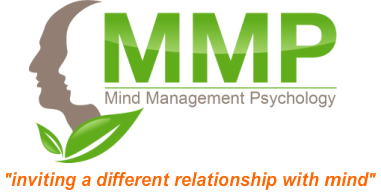
The first thing to note about swimming is that it’s done virtually in your ‘birthday suit’, your body which for many is a very ‘big’ problem. Many readers may be not like their body’s shape, size or general appearance and therefore the thought of the body being ‘seen’ is abhorrent, an anathema. In the post on ‘Where Do You Really Live? A new address with Mind Management Psychology we suggested we all really live in our bodies. Swimmers know this well.
Once you get over the body being on ‘public display’ you realise two things. 1) All bodies are imperfect and 2) Although the body is critical for empowering the swimmer, once you start swimming this has an immediate impact on your mind, on expanding this mind. And this mind is the KEY to empowering whatever you do. If you don’t believe this, then simply try it.
BUT….slow down in the water, feel being totally surrounded by the water, and RELAX, don’t panic and don’t fight it, use it and it will support you.
And we all know of course the mind doesn’t just do as it’s told, it needs to be trained, daily. This is what we do at MMP. When you swim you don’t worry about your body but over time marvel at what it can do for you. Swimmers appreciate this. Similarly with the mind over time you get to marvel at what it can do for you once you regularly train it. Swimming and mind training have a lot in common.
For swimmers all bodies are on ‘public display’; that’s the way our bodies really are, imperfect and slowly ageing, they’re meant to. So training is required to slow this, your mind feels better, so do you.
The common engredient in swimming is breathing and being immersed in a different medium namely water. Of course it’s non-weight bearing, gentle on the body and highly anaerobic in its impact. The most aerobically fit people are swimmers. Again, relax in the water, don’t go too fast at first, warm up and UNWIND. And an excellent way to relax is simply to BREATH OUT MORE THAN YOU BREATH IN.
Again if you don’t believe this, then simply try it, and let your intuitive mindbe the judge (not just your busy, critical and complaining mind), remembering there are 2 sorts of mind. Re-reading the 10 Mind Management Principles may help. Then get wet, good luck and enjoy as you train both body and mind!










 RSS Feed
RSS Feed